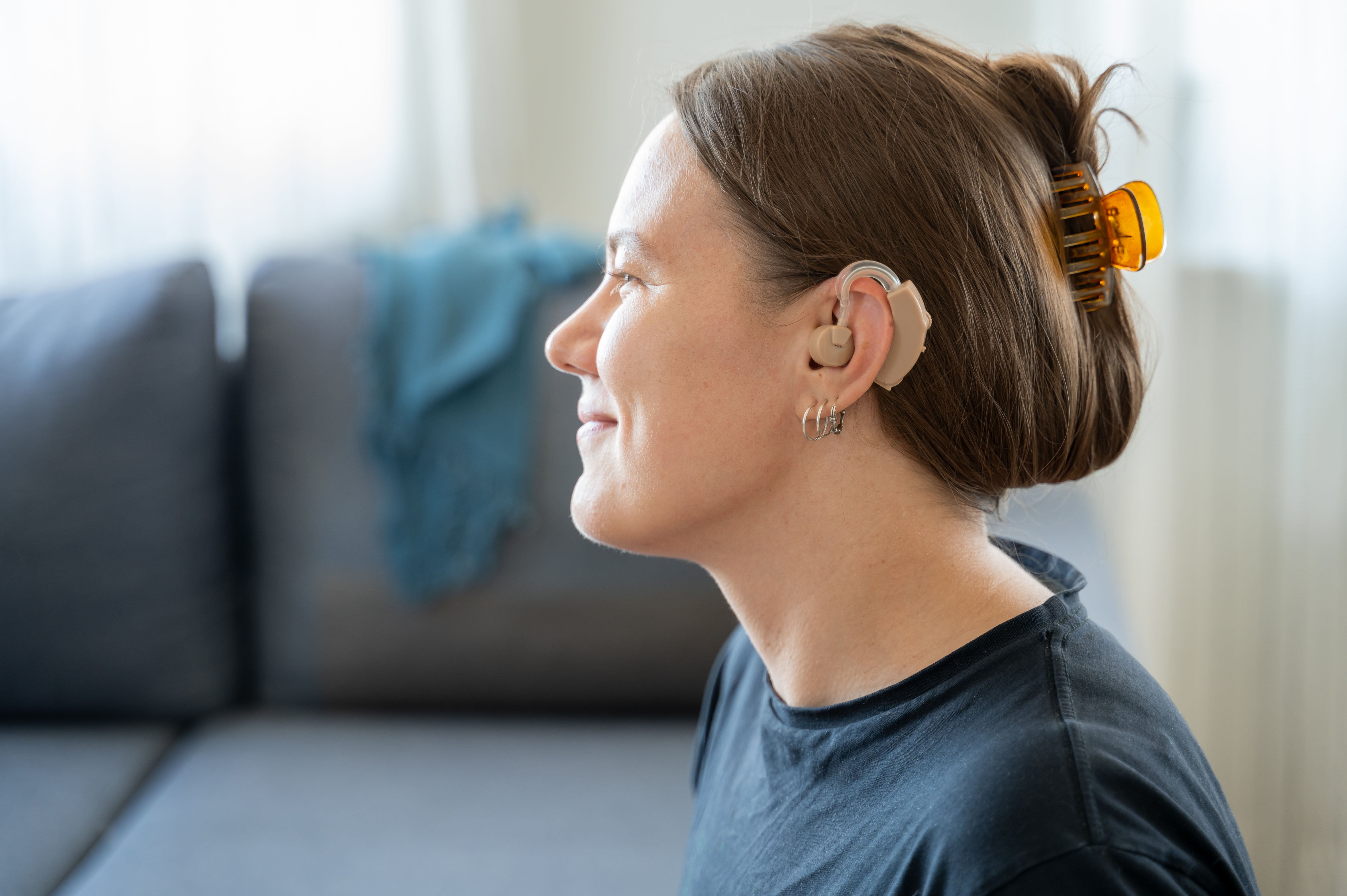It’s not easy to focus on a conversation when there is background noise. Getting the most from your hearing aid means learning new ways to listen—and not always with your ears. Your audiologist or hearing aid specialist can advise you about classes in auditory or aural rehab (rehabilitation). This is training to improve your hearing by learning new listening methods. For example, you’ll learn to pick out speech against background noise. You can do this by watching the speaker’s moving lips, facial gestures, and body motions.
Better communication skills
An aural rehab class gives you the chance to fix any problems you may still have with your hearing aid. These classes also offer counseling and support. This can help you and your family cope with the psychological and emotional aspects of hearing loss. Write down questions you have about hearing and your hearing aid. Bring the list with you to class.
Tips for better hearing and communication
-
Speak at a normal level. The hearing aid will make voices louder.
-
Talk naturally and clearly.
-
Don’t chew or smoke when speaking.
-
Don’t let your hands cover your mouth and face.
-
Turn off the radio or TV. Background noise is distracting.
-
Get the listener’s attention before speaking. You may not be heard if you are in another room or if the listener is near a source of noise.
-
Talk face to face. Lip movement, facial expression, and gestures are key parts of conversation.
-
If the person doesn't understand you, try again. But use different words. Don’t use the same words.



